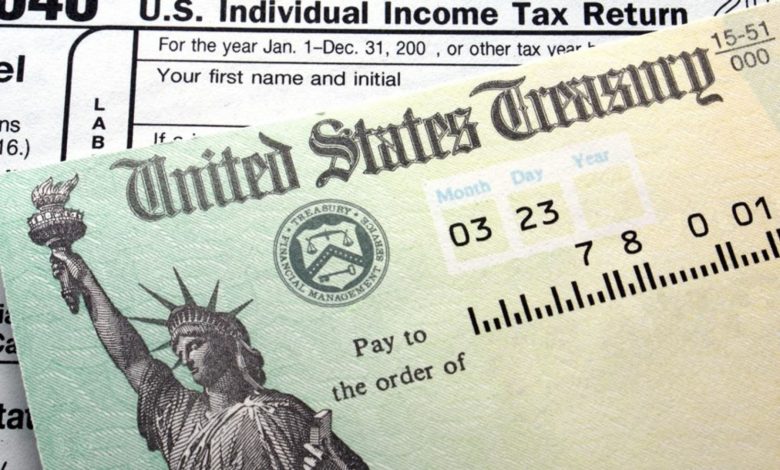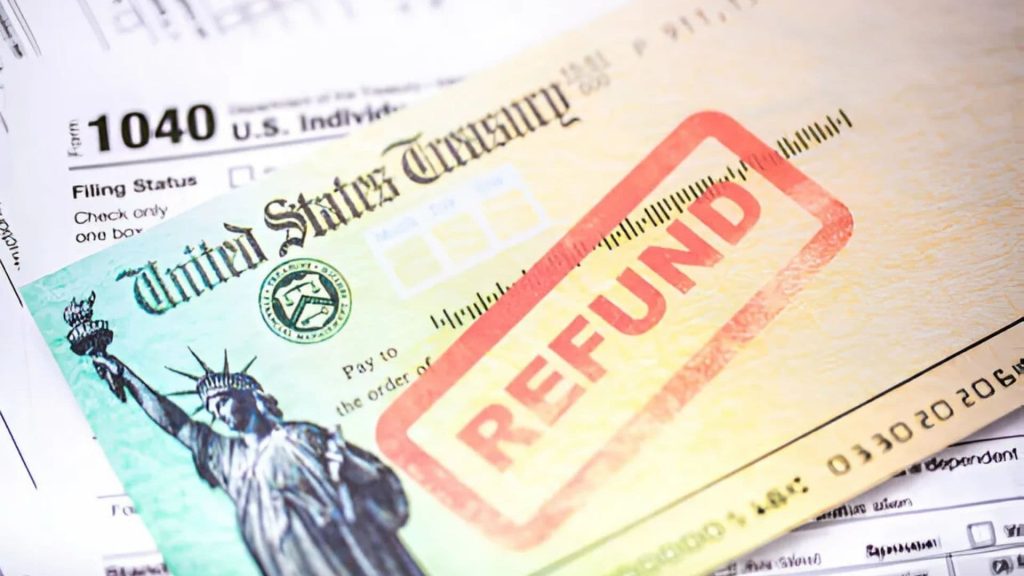
If you’ve ever tried to return something months after buying it and been shocked that the sales tax wasn’t coming back with your refund, you’re not alone. “States That Don’t Refund Sales Tax After 90 Days” is a hot topic for both consumers and business owners across the U.S. Why? Because sales tax refund policies vary wildly from state to state, impacting your wallet and business bottom line in unpredictable ways. In some states, after 90 days, the race is over—no matter how persuasive your story, that sales tax is stuck in state coffers. Shoppers, retailers, accounting pros, and even refund-hunting travelers need to understand these crucial 90-day refund deadlines, the roll call of states that cling tight to those timeframes, and the best ways to protect your returns (and your cash). Whether you’re eyeing a big-ticket return or just love being a well-informed consumer, knowing the ins and outs of non-refundable sales tax laws can mean the difference between cash back and a case of the refund blues.
Why Do States Limit Sales Tax Refunds After 90 Days?
States that keep your sales tax after 90 days do so to create clear financial boundaries for their budgets and tax collection. Budgeting for state programs requires predictability; letting sales tax be refunded at any time would open the door for endless adjustments and headaches for state departments of revenue. By setting a firm 90-day sales tax refund deadline, the state ensures stable revenue flows and less administrative burden for both tax agents and businesses.
Which States Don’t Refund Sales Tax After 90 Days?
While almost all states allow retailers to deduct or exclude sales tax refunds for returned goods, a select few draw a hard line at the 90-day mark. For example:
- Massachusetts: Refunds for sales tax must be made within 90 days. After that window, the Commonwealth keeps the tax, and retailers cannot claim it back from the state, regardless of return policies.
- Connecticut, Michigan, Rhode Island, and D.C.: Also enforce time limits (often 90 days, though in some cases up to 120 or 180 days). If you’re not quick with returns, no sales tax joy for you.
- Other States: Each state’s policy is different and can even change for certain products or under special conditions; always check your local Department of Revenue for today’s rules.

How Do Retailers Handle Post-90-Day Returns?
After the 90-day mark, if a store gives you a refund for the cost of the item, they usually won’t return the sales tax portion, because the state has already pocketed it and won’t reimburse the business. Many national retailers clearly state this policy in their return guides, especially for big-ticket or seasonal purchases.
Tips for Shoppers and Businesses
- Act Swiftly: Always process returns sooner rather than later. If you’re facing a large refund, set a reminder!
- Keep Your Receipts: Essential for both shoppers and retailers. States require documentation before issuing credits or handling exceptions.
- Know Your Local Rules: Some states allow claims directly with the state if the retailer refuses or is unable to refund, but deadlines still apply.
- Ask Early: If you’re not sure, ask about the store’s sales tax refund policy—especially when making big purchases.
Businesses: Filing Credits and Amended Returns
When you refund a customer within the proper time window, you’re generally allowed to claim the refunded sales tax as a credit on your next sales tax filing, or, in some states, by amending a prior tax return. This extra paperwork can be a hassle, so keeping diligent records is a must to avoid audit woes down the line.
Why Should Shoppers Care?
For small returns, you might lose just a few dollars, but big-ticket items can mean missing out on significant cash. Plus, the loss stings more if you only learn the rule at the register! It’s a quirk of American sales tax law that often surprises even the most seasoned shoppers.
FAQs
Q: Why don’t I get a sales tax refund if I return an item after 90 days?
A: In some states, law prohibits sales tax refunds on returns made after 90 days; the tax revenue stays with the state for budget certainty.
Q: Can I still get my sales tax back if the store gives me a refund past 90 days?
A: Usually not—once the 90-day window passes, stores cannot reclaim that sales tax from the state, so it isn’t returned to you.
Q: Which states stick to strict 90-day sales tax refund rules?
A: Massachusetts, Connecticut, Michigan, Rhode Island, and D.C., among others, have strict deadlines after which sales tax won’t be refunded.
Q: What should I do to ensure I get my sales tax refunded?
A: Return items with your receipt within 90 days to guarantee both your purchase price and sales tax are refunded.